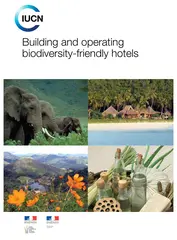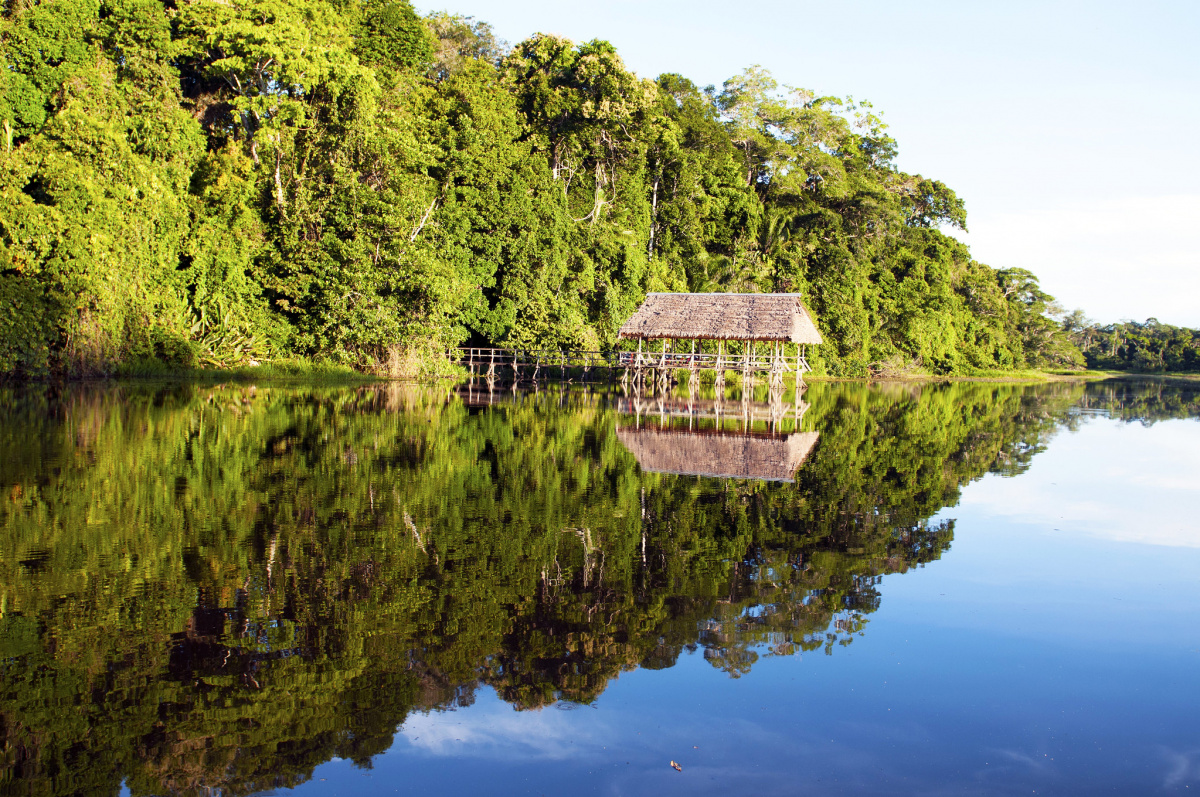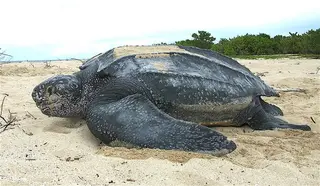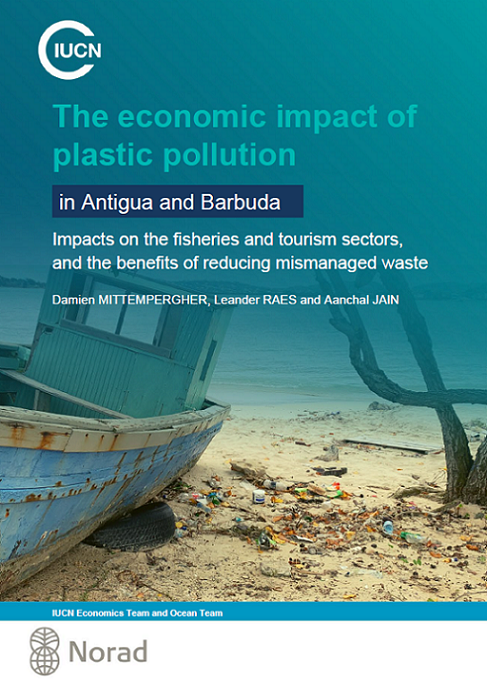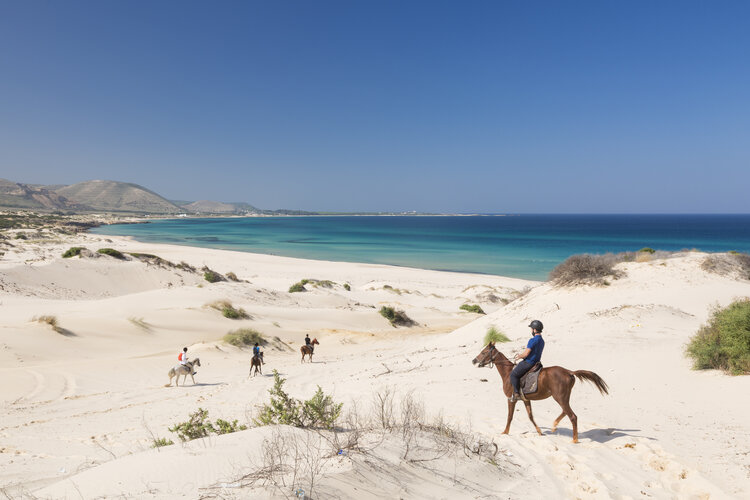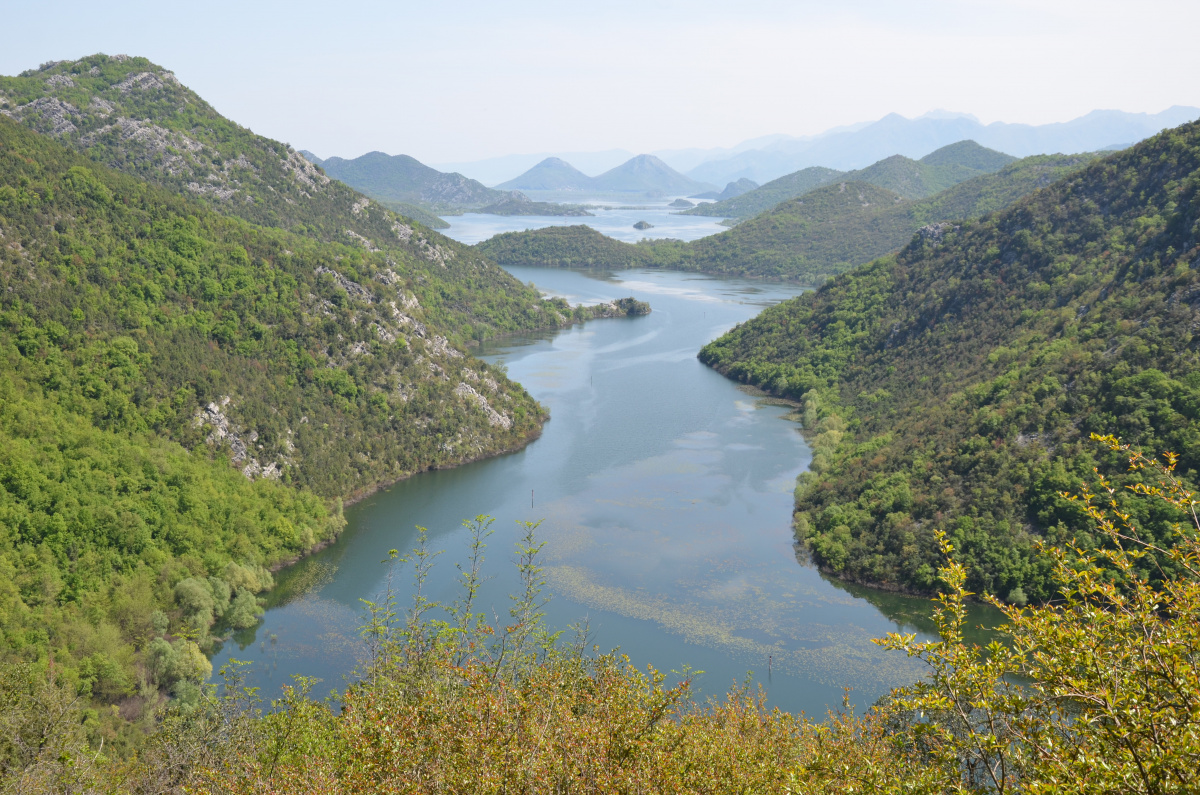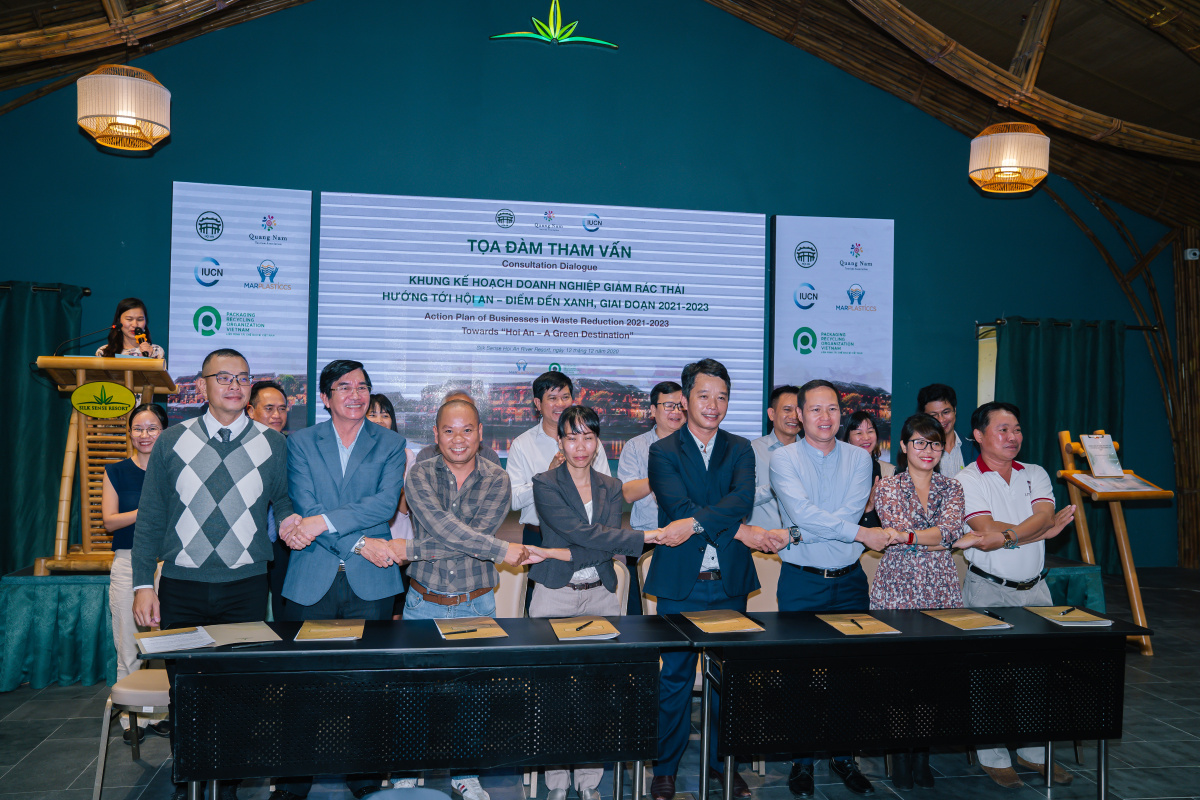Promoting responsible nature-based tourism
IUCN has long recognised the important role tourism plays in fostering visitors’ connection with nature, making it a potentially positive force for conservation.
From engaging the tourism industry in more sustainable hotel management, siting and design to promoting ecotourism business skills, IUCN recognises the many benefits of helping build a biodiversity-friendly sector.
The economic benefits from tourism in protected areas can also be a powerful argument for conservation. For example, in the Mediterranean, a global holiday destination, IUCN is focused on developing sustainable tourism models that provide both direct and indirect positive impacts for conservation within and around parks as well as in the local communities.
Until the Covid-I9 pandemic, tourism was one of the fastest growing economic sectors and sustainable tourism was a key component of its success, providing numerous benefits to communities. However, increased interest in visiting protected areas and parks also required additional infrastructure and services to avoid potential negative impacts on vulnerable habitats and species.
In 2018, IUCN produced comprehensive Guidelines on key issues to help park managers achieve sustainable tourism in protected areas.
At the 2021 IUCN World Conservation Congress, Members expressed concern for the communities and countries reliant on nature-based tourism operations, whose health and livelihoods have been severely impacted by the pandemic. In the spirit of “building back better,” a project, Sustainable Tourism and Protected Areas in a Post-COVID World, was launched to develop a more crisis resilient and sustainable tourism landscape.
Implemented by IUCN with support of the Deutsche Gesellschaft für Internationale Zusammenarbeit (GIZ) on behalf of the German Federal Ministry for Economic Cooperation and Development (BMZ) through their COVID-19 Response Measures for Tourism programme, this project collaborates with local and Indigenous Peoples in developing community-based sustainable tourism plans and activities that puts people and nature at the forefront.
This project also supports protected area managers in implementing the global IUCN Green List standard criteria for fair and effective tourism and visitation management. See the new guidance and site-based support in Peru and Viet-Nam.
These are just a few examples of IUCN’s work on sustainable tourism. For more information, you can also visit the IUCN WCPA Tourism and Protected Areas Specialist Group.
